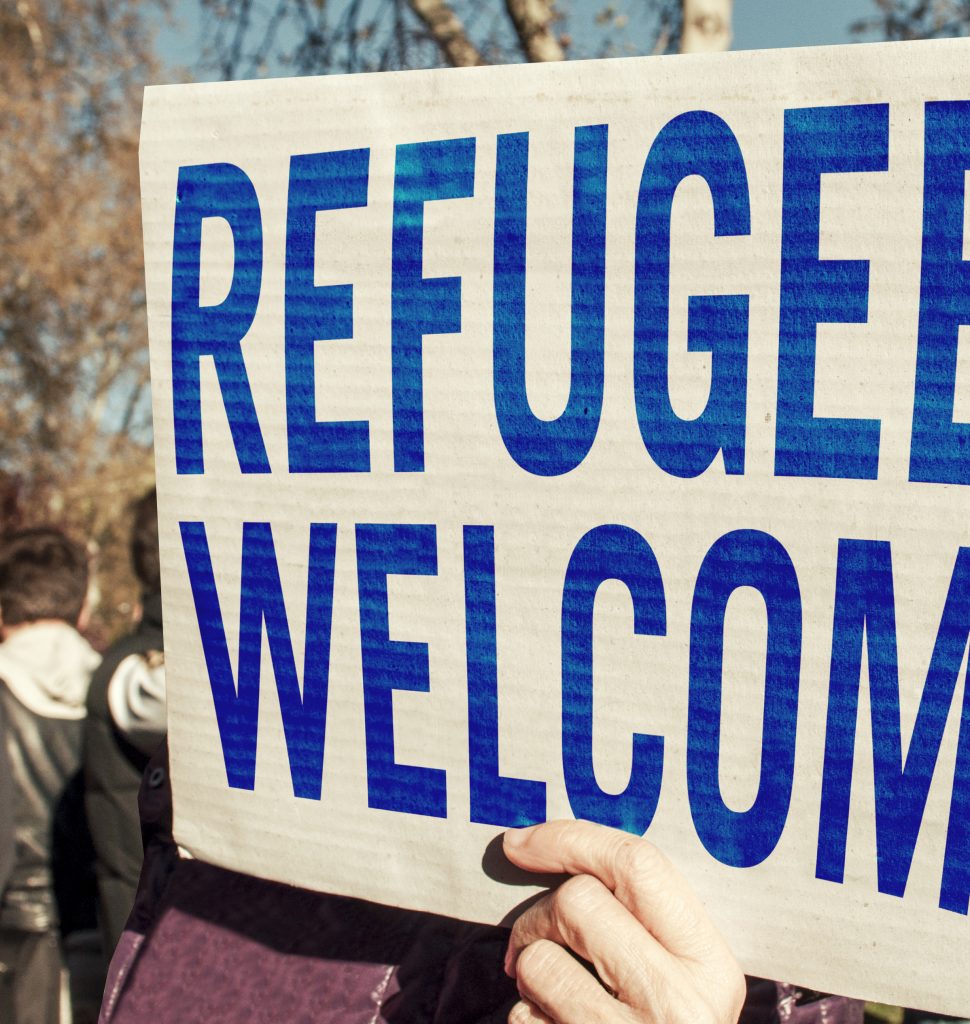Vulnerable refugee learners are being moved around between local authorities, threatening their education, writes Beth Moore
At just 16 or 17 years old, imagine being alone in a foreign country, with no family or friends, few possessions, very little money and being unable to speak the language.
Imagine also that you had been forced to flee your own country due to war or another life-threatening situation.
This is the reality for 145 unaccompanied asylum-seeking children (UASC) in our college, who make up four per cent of our total student population.
Many have come from countries such as Syria and Afghanistan, with little hope of returning, and are in the care of social services.
We have seen this college cohort not only increase in size over the past few years, but the issues we are dealing with have become far more complex.
The unimaginable experiences of these young people are leading to a manifestation of mental health problems, including PTSD, which require expert support.

However, accessing help can be extremely difficult due to the many social, cultural and language barriers these students face.
The complex bureaucracy involved in getting financial support and practical help is difficult enough as it is, let alone for vulnerable learners with very little English.
We work hard to support these students, playing a significant pastoral role alongside our primary task of teaching English. This requires close working with other agencies, including social services and charities.
Sadly, the problems don’t ease when the students reach adulthood. Take Talia (not her real name), who arrived in the UK two years ago. She is studying hard at our college and wants to work towards achieving a degree.
However, when she reaches the age of 18, she will be expected to live independently without the support of her current foster carer.
The problems don’t ease when the students reach adulthood
She is also currently awaiting a response from the Home Office regarding her immigration status. Understandably she is worried and distressed by the uncertainty of her situation.
Another student, Abbas (not his real name), has been struggling with his mental health, alongside possible undiagnosed learning difficulties. When he turned 18, he was offered accommodation with other traumatised and volatile young men – which wouldn’t have been a suitable setting for him at all.
He was then left to find alternative accommodation by himself, which is an almost impossible task for someone so vulnerable and equipped with few English language skills.
Meanwhile, some of our UASC are being moved to completely different areas mid-year – for example, we had one young man who was moved from Kent to Croydon.
This took him away from much-needed friendship and support networks and made it impossible for him to continue travelling to college. This relates to local authorities being under great pressure in terms of housing.
Developing proficiency in English and gaining a qualification is crucial for these young people to build a life for themselves and to integrate into their communities.
We must help them to do this in every way we can – but the ongoing practical issues with accommodation and transport is limiting.
We are living in difficult times, with the unfolding crisis in Ukraine having a wide-reaching impact across our whole college community.
Watching people having to flee their homes is particularly triggering for many of our own refugees, increasing anxiety and stress among students who are already struggling and alone.
We also know that the number of UASC students will continue to increase and this will undoubtedly impact college services.
These vulnerable young people need alternative and differentiated support from the standard processes for looked-after children.
For example, access to interpreters and counselling support in their own language is essential to overcome communication barriers.
Staff also need to be well trained in a trauma-based approach so they can support the students effectively.
Colleges work hard to improve people’s lives on many different levels.
But more recognition and understanding by government of this group of young people, and the complex issues they face, is now needed.












Your thoughts